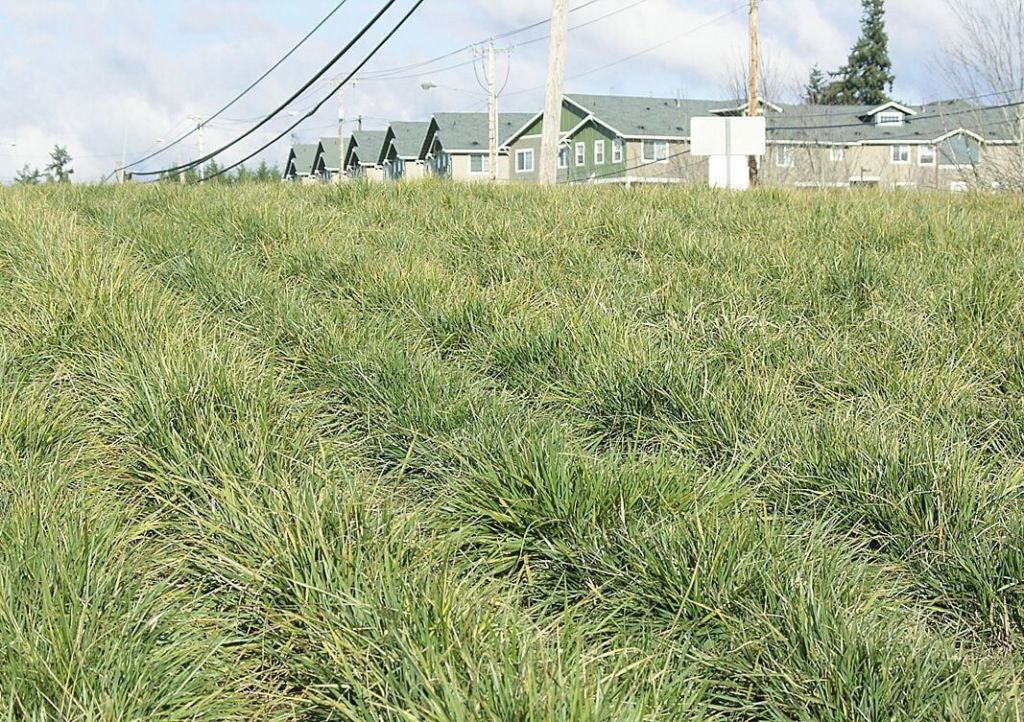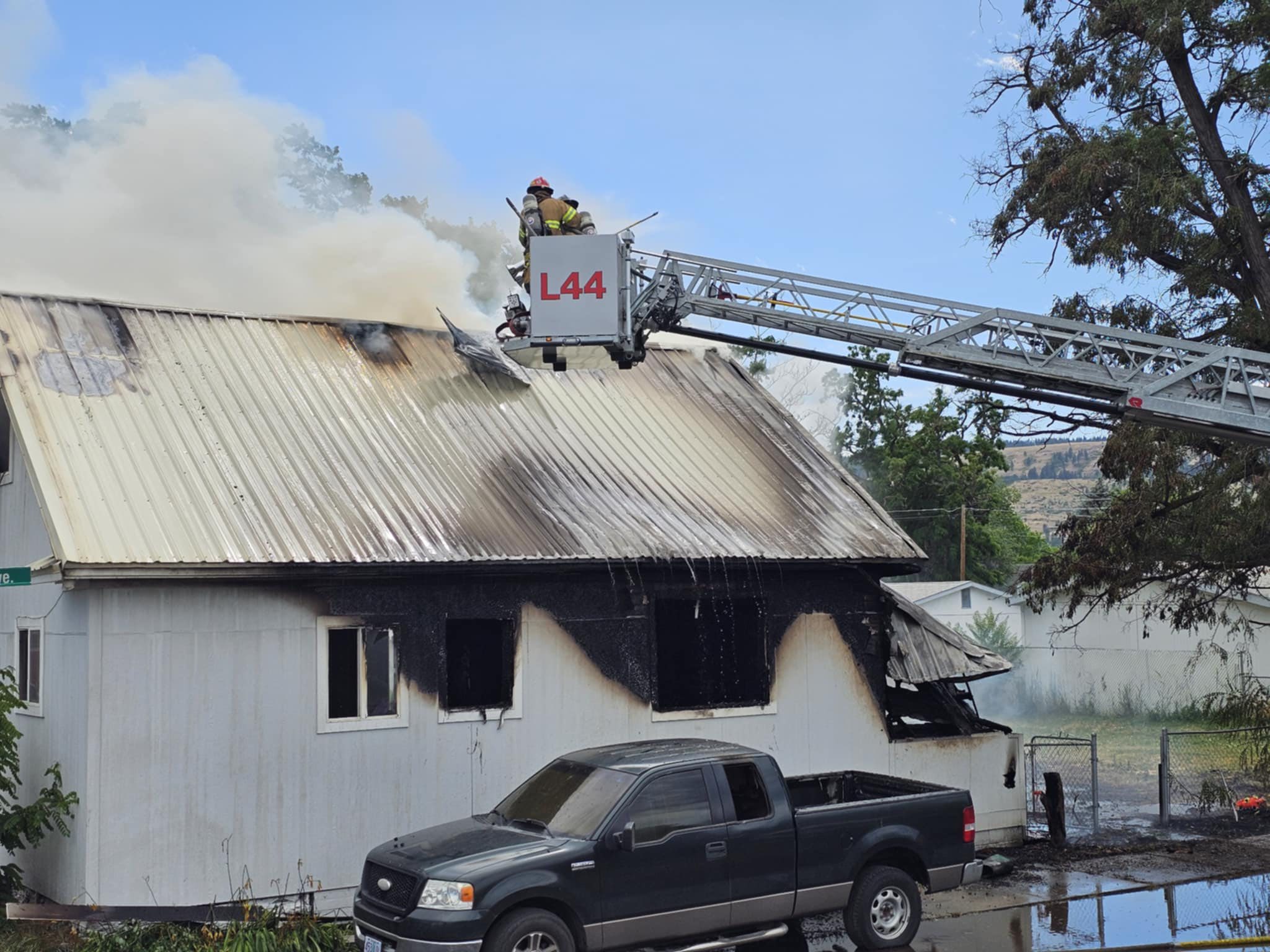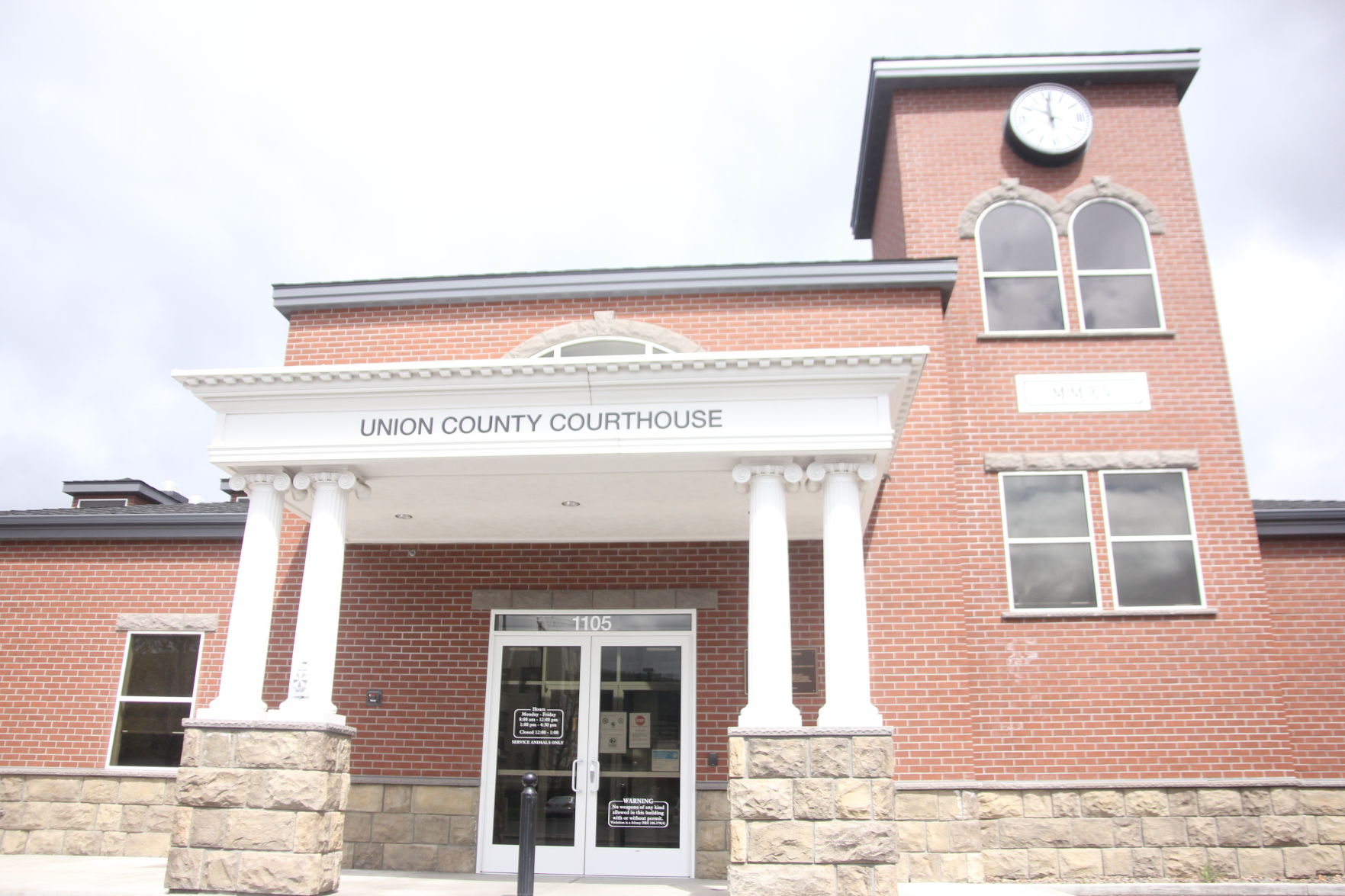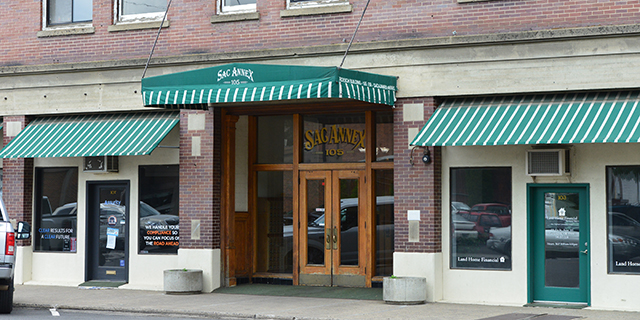Urban growth boundary bill fails but pressure on Oregon farmland likely to persist
Published 3:00 pm Saturday, July 22, 2023
SALEM — Though lawmakers didn’t bypass Oregon’s regular process for expanding “urban growth boundaries” this year, the idea is still expected to have currency in future legislative sessions.
Both supporters and detractors of the concept anticipate that pressure to boost residential construction on farm and forestland will persist along with the state’s housing shortage.
“If we stick to the program, it’s going to get markedly worse,” said Dave Hunnicutt, president of the Oregon Property Owners Association. “We’re essentially trying to get out of a huge hole we’ve dug for ourselves.”
Proponents of farmland preservation don’t disagree the state must improve its affordable housing inventory but argue it’s more effective to develop land already within UGBs.
“There is much more nuance to deliver housing than raw land,” said Mary Kyle McCurdy, deputy direct of the 1,000 Friends of Oregon nonprofit. “I would hope what we do next is based on facts, not just politics.”
Attempts to loosen Oregon’s land use restrictions are nothing new in the Legislature, but House Bill 3414 gained considerable political momentum in the 2023 session.
While the legislation contained numerous measures meant to grow the state’s housing supply, controversy erupted over a late amendment that allowed cities to increase their UGBs by up to 150 acres without following normal analysis requirements.
Despite opposition from environmental and agricultural advocates, the bill was supported by Gov. Tina Kotek and a bipartisan majority in the House. However, the proposal failed after falling one vote short of a majority in the Senate during the session’s final hours last month.
The bill’s supporters argued the “heartburn” over UGB expansion shouldn’t detract from provisions with broad support, such as technical assistance for city governments and dispute mediation over housing conflicts.
“Please do not envision that this bill will allow opening the floodgates to urban sprawl,” said Dick Anderson, R-Lincoln City.
Opponents claimed that adding peripheral undeveloped land to UGBs will aggravate problems facing local governments with insufficient and aging infrastructure, including roads, sewers and transit.
“That is a crisis and this will exacerbate it, in my opinion,” said Sen. Jeff. Golden, D-Ashland.
The existing process for expanding UGBs is hardly onerous but ensures that cities actually need to expand their footprint, while HB 3414 allows them to ignore this factor, opponents said.
“What they are not required to show, and what they should be required to show, is a lack of buildable land within the UGB,” said Sen. Michael Dembrow, D-Portland.
Groups representing Realtors and home builders have oversimplified the state’s housing difficulties by blaming protections for farmland and forestland, said McCurdy of 1,000 Friends.
“That land is less expensive because it lacks infrastructure,” for which taxpayers — rather than developers — must foot the bill, she said.
Better funding and financing options for infrastructure would help cities use already-available land, but HB 3414 would undermine such in-fill development, McCurdy said.
“It allows us to put blinkers on that there is land within the UGB that needs investment,” she said.
Lawmakers previously approved smaller-scale pilot projects allowing certain cities to sidestep the regular UGB process, but infrastructure issues still slowed housing construction, McCurdy said.
“We’ve done this and we’re supposed to be learning from it. We haven’t learned from it,” she said.
Hunnicutt of the Oregon Property Owners Association countered that HB 3414 built upon successful aspects of those pilot projects and made changes based on what didn’t work.
“That was the whole point,” he said.
While the bill didn’t ignore infrastructure funding and other approaches, Oregon can’t rely entirely on higher density within UGBs to solve the housing shortage, Hunnicutt said.
Developing “vertically” within cities is too expensive for private builders to shoulder alone but the state lacks the money to subsidize a meaningful number of such projects, he said.
“It’s not philosophical, it’s a math problem,” Hunnicutt said.
While focusing on farm and forest preservation, Oregon has done “a wretched job of implementing” the land use goal of adequate housing, he said. “It’s not more important but it’s not less.”
The passage of HB 3414 wouldn’t have made sweeping changes to the land use system but it could have helped lawmakers understand what changes could be effective, Hunnicutt said.
“There’s nothing sacred about Oregon land use law,” he said. “They’re statutes. They’re meant to be adjusted.”










